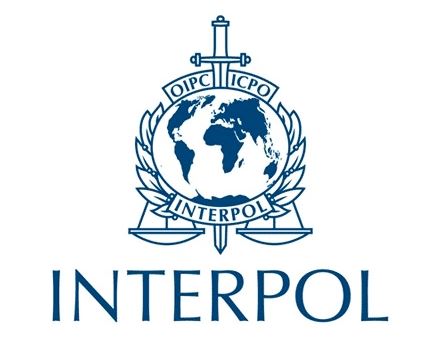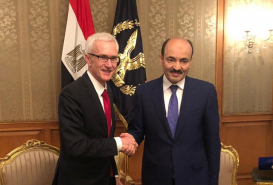Interpol South
Brief Description
Interpol, through its EU Member States, is the largest data provider of EU Law Enforcement Agencies (Europol, Eurojust and Frontex). The objective of this programme is to intensify and accelerate exchange of operational information in the Neighbourhood South, and with EU, on issues related to organised crime, terrorism, smuggling of migrants, trafficking of human beings and trafficking of small arms, and, to this effect, to increase data collection (e.g. Foreign Fighters database, Stolen and Lost Documents, iArms and iTrace, notices, Stolen Art Works) from the Neighbourhood South.
Countries covered: Algeria, Egypt, Israel, Jordan, Lebanon, Libya, Morocco, Palestine, Syria and Tunisia.
Objectives
With the overall objective to better detect and reduce organised crimes and terrorist individuals’ or groups’ activities, the programme is to:
– Increase information exchange and data collection on issues related to organised crime, terrorism, human smuggling and trafficking of small arms and human beings, using Interpol systems (including databases, the encrypted network and the specialised task forces);
– Improve the quality of analytical reports, for the beneficiary countries but also for Interpol, Europol, Eurojust and Frontex.
Actions in brief
– Promote the use of Interpol systems;
– Deliver awareness campaigns for the promotion of a better use of existing available data and for an increased feeding of the databases;
– Provide specific needs assessment in the field of capacity building and training for each country on the use of the Interpol systems;
– Perform capacity building and specialised trainings;
– Provide equipment for critical border posts (the material deployment of the I 24/7 should remain exceptional and should only target a limited number of critical border posts important at a regional level) with the requirement to:
- undertake needs assessment for the deployment of equipment and
- perform analysis of the forecasted investment plans of the partner countries but also foreseen in on-going and planned projects funded by other bilateral or international donors;
– Ensure adequate training in the newly equipped posts with table-top exercises: Operations through table top exercises and if feasible joint cross-border operations based on the Interpol Spartacus Operation model.





























 Syria
Syria 



